The Jibarito and Its Origin
Chicago food lore states that the Jibarito, a sandwich of thin-sliced steak or other meats, lettuce, tomato, garlicky mayonnaise, and American cheese on flattened fried green plantains, was “kinda, sorta” invented by Juan Figueroa at Borinquen Restaurant in Chicago’s Humboldt Park neighborhood in 1996. A few years ago, when Whet Moser, a very thoughtful Chicago-based writer who currently works for Chicago Magazine, called jibaritos “Chicago’s Greatest Food Invention,” he was called out for “cultural tourism” on Twitter as a result.
I don’t have the resources to travel to Puerto Rico and chase down the origins of the sandwich. (Some day, I hope!) But the legend of the Jibarito in Chicago also says that Figueroa read about a plantain sandwich being served in Puerto Rico, which inspired him to create the Jibarito. He decided to add this new item to his menu to try and save his slumping restaurant, and named it after the jibaro culture of his homeland. The Wikipedia entry on the Jibarito mentions a restaurant called Plátano Loco in Aguada, Puerto Rico. Their menu features something called a “Sandwich de Plátano,” or Plantain Sandwich. Perhaps that is the one he read about.
Perhaps not, though. Tostones, the crisp flattened fried slices of unripe plantain so similar to the base of this sandwich (tostones are sliced disks of plantain that are fried, then smashed flat, then fried again, while the jibarito is served between two half-plantains sliced lengthwise before double-frying), are common enough in Puerto Rican cuisine, and in fact all over Latin America. In Venezuela, in fact, they are called patacones and are the basis of a popular street food/sandwich called Patacon Maracucho. These plantain sandwiches are served–sometimes open-faced, sometimes between two patacones–with meat, lettuce, tomato, and a “pink sauce” that sounds quite a bit like Salsa Golf.
Borinquen isn’t around anymore, sadly, though the introduction of the jibarito did give that business a new lease on life for a few decades. For a while there were even three locations–the original on California, another on Western, and Borinquen II on Belmont. Though the original business has shut down, restaurants bearing the Borinquen name still exist at two of those locations, Borinquen Lounge on Western, and El Nuevo Borinquen at 1720 N. California in Humboldt Park. My son Damian and I visited the latter recently.
- El Nuevo Borinquen
- Puerto Rican Flag art at Nuevo Borinquen
El Nuevo Borinquen does takeout service at the front, with a window full of meats and snacks on display to the street. In back, there is a bustling dine-in area. The air everywhere is entirely and intoxicatingly infused with the smell of garlic. Damian and I sat at a table and ordered jibaritos with steak and lechon (roast pork), as well as an intriguing sounding “Chicharron de Pollo con Tostones,” or fried chicken skin with fried plantains. The ever-present scent of garlic only intensified as our plates hit the table.
The fried chicken skin was actually small pieces of chicken, fried quite crisply and very tasty, with garlicky tostones alongside, and served with a small dish of minced garlic in oil. The tostones were crisp and tasty as well, though both they and the chicken were improved with a small hit of the additional garlic.
- Steak Jibarito from Nuevo Borinquen
- Steak Jibarito from Nuevo Borinquen
The steak jibarito also featured some additional garlic oil on top of the sandwich. The steak is very thin, griddled, seasoned but not overwhelmingly so. You can see some yellow American cheese peeking out–that is the classic cheese for a jibarito, though many places these days offer various cheese options. American cheese’s salty but plain flavor is fine in this sandwich, but its real contribution is to glue the steak in place, as the ingredients in this sandwich are in constant danger of being squished out the sides due to the rigidity of the fried plantain. Overall, this is exactly what I remember a jibarito being like.
The lechon, though… Damian took one bite of this, closed his eyes, and said “This roast pork is making me so happy right now.” Borinquen’s lechon was simple but perfect, slow-cooked to that point where the meat just falls apart, with hints of a nicely-seasoned bark that show it spent a good long time in an oven to achieve this perfection. As you can see, the tomatoes were typical February tomatoes, and the lettuce and mayonnaise were just sort of carelessly slopped in there, but that pork… that pork is worth a trip back on its own.
These days the fooderati (illfoodminati?) of Chicago generally agree that the place to get a jibarito is Papa’s Cache Sabroso on Division. Serious sandwiches require serious research, so I returned to Humboldt Park, this time with my lovely bride, to see if the jibaritos here were really that far superior to what I knew.
I will start by saying–nowhere have I had better-prepared tostones than here. In addition to the plantains for the sandwiches, we ordered a side of tostones (along with a side of boiled yuca or cassava, served with garlic oil and fried onions), and I cannot imagine a better-executed fried plantain. They were pressed so thin, and fried so crisp, they entirely avoided the heaviness that tostones all too often display.
- Tostones from Papa’s Cache Sabroso
- Yuca at Papa’s Cache Sabroso
Papa’s Cache offers the traditional steak jibarito as well as chicken breast, a vegetarian option, and shredded chicken from the delicious-looking chickens from the rotisserie roaster on display behind the counter. Mindy chose the steak, and I asked for the chicken.
- Steak jibarito from Papa’s Cache Sabroso
- Chicken jibarito with white rice and beans from Papa’s Cache Sabroso
I keep ordering white rice and beans from these places, and it’s good, but I need to stop because everywhere we went the Puerto Rican yellow rice looked and tasted amazing. Papa’s Cache was no exception, and after being told there’d be a 15 minute wait for it, Mindy was willing to wait for her rice to hit the table well after her sandwich had been delivered. The lettuce here was shredded iceberg; the cheese American; the tomatoes better than they had been at El Nuevo Borinquen but still not notable; the steak was fine, the chicken was very good. But the plantains were shatteringly light and crisp, and were definitely what would set this sandwich apart in a neighborhood where every other storefront offers a jibarito.
I was ready to write this article, and sign off on the month of February for our List, when I happened to discuss jibaritos with my buddy from work, Nikko. “Jibaritos are great,” he said, “but have you tried a jibarita?” What difference can one letter make? In English, either of these words would translate to something like “little hillbilly,” but the -o at the end indicates the male gender, and the -a at the end indicates female. In this case, the jibarita was a sandwich served by a Puerto Rican restaurant that is a particular favorite of Nikko’s, called Las Delicias De Puerto Rico.
I see some sporadic mentions of other places carrying sandwiches called a “jibarita” as well, but it has not permeated Chicago food culture the way the jibarito has. In place of the crispy fried green plantain, Las Delicias’ jibarita uses a sweet, ripe fried plantain as the “bread” for this sandwich, which is otherwise served with mayonnaise, American cheese, lettuce and tomato the same as the jibarito.
It was obvious to me that I needed to investigate, and due to the fortunate circumstance of yet another visit from my college-aged son for an appointment in the city, I was able to bring my whole family together for a trip to Las Delicias, in the far west/northwest neighborhood of Belmont Cragin.
We ordered a number of appetizers to share, which were devoured far too rapidly to be photographed, but ranged from good (pastelillos) to very good (papas rellenos) to weird (stuffed sweet plantains). The 10yo played it safe, ordering chicken fingers and fries from the kids’ menu, but Max and Damian were more adventurous, ordering the Sandwich Criollo with fried pork and a morcilla (blood sausage) sandwich respectively. Mindy once again chose the steak jibarito, and I tried the jibarita with lechon, which I thought would be the best meat choice to pair with sweet plantains (though I once again failed to order the delicious Puerto Rican yellow rice, and instead chose white rice with beans).
- Las Delicias jibarita with lechon
- Las Delicias jibarita with lechon, white rice and beans
I feel confident that I was right about the lechon being the best choice for this sandwich. However, I can’t say that the sandwich itself is a good idea. Ripe plantains are far softer than unripe ones, and the sandwich lacks the rigidity necessary to be picked up and eaten out of hand. I dug in with a fork and knife, and liked the individual components quite a bit. Fried sweet plantain is delicious, even with a large mound of minced garlic on top, and the lechon, while not of the same caliber as what I’d eaten at El Nuevo Borinquen a few weeks before, was tasty and well-seasoned, if not as tender as I’d have liked. There were moments, bites where it all came together. There were also many where it did not.
As for Mindy’s steak jibarito, it was exactly what I had come to expect from a jibarito–well-seasoned thin steak, possibly the best-seasoned of the ones we tried, with mayo, lettuce, tomato, onion and garlic. The tostone didn’t meet the high standards set by Papa’s Cache, but in every other way the sandwich was delicious–sloppy but delicious.
- Las Delicias steak jibarito with Puerto Rican rice
- Las Delicias steak jibarito
I personally would love to eat a jibarito made with El Nuevo Borinquen’s lechon on Papa’s Cache Sabroso’s tostones. Perhaps one day soon I’ll visit both places and make my own.
As for the jibarito, and its Chicago connection, simply google the terms jibarito and menu and see for yourself. I do see Puerto Rican restaurants popping up elsewhere–Texas, Florida, California–with fried plantain sandwiches called Jibaritos on their menus, but they are nowhere near as concentrated anywhere but here. In Puerto Rico itself, there is a restaurant called El Jibarito in San Juan, but I don’t see any sandwiches called Jibaritos on the menu there. There are certainly fried plantain sandwiches in Puerto Rico, but it’s unclear whether there too they are called jibaritos. I’d like to see a heat map of every restaurant with a jibarito on the menu on the continent. I’d be willing to bet that by far the highest concentration is on the northwest side of Chicago.
So is it fair to say that, while the concept of a fried plantain sandwich does not have its origins in Chicago, that maybe the practice of calling the sandwich a jibarito does? I don’t know, but I think that when we debate the origin of the jibarito, we’re debating the naming of the thing, and not the thing itself. I’ve never heard anyone call it anything other than a Puerto Rican sandwich, even if they usually also say that it was invented in Chicago. The word comes from Puerto Rico, and so does the sandwich (by way of Venezuela, et al). I’d like to thank Juan Figueroa for bringing Puerto Rican jibaritos to Chicago, because we’re as proud of them as we are of our Italian Beefs or our Polish Sausages.

I like sandwiches.
I like a lot of other things too but sandwiches are pretty great




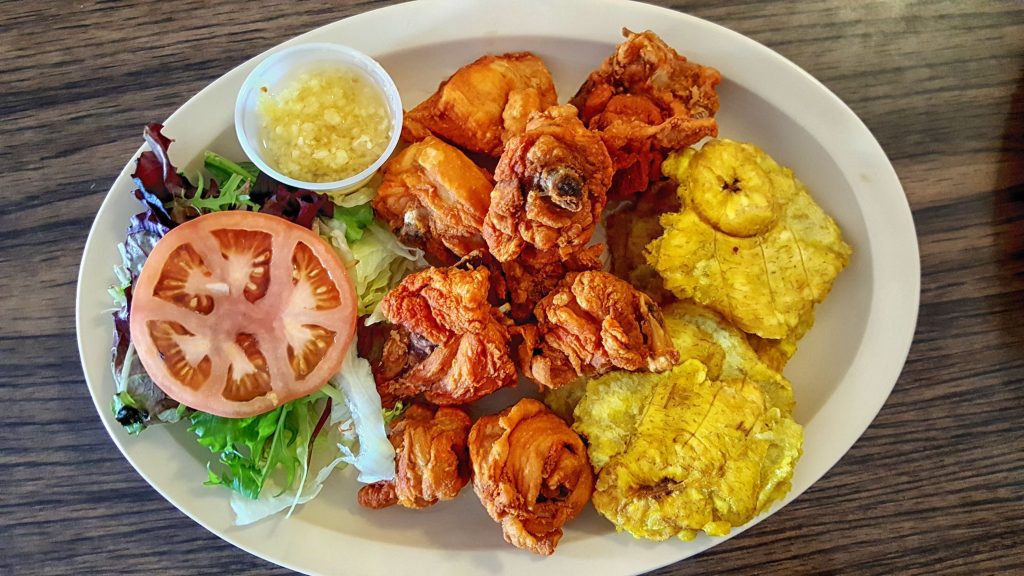


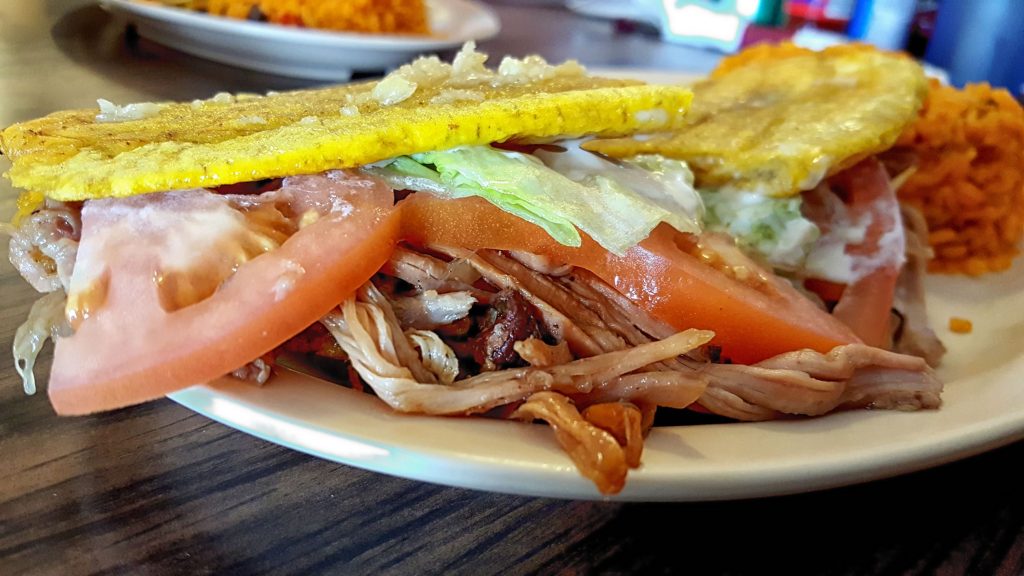
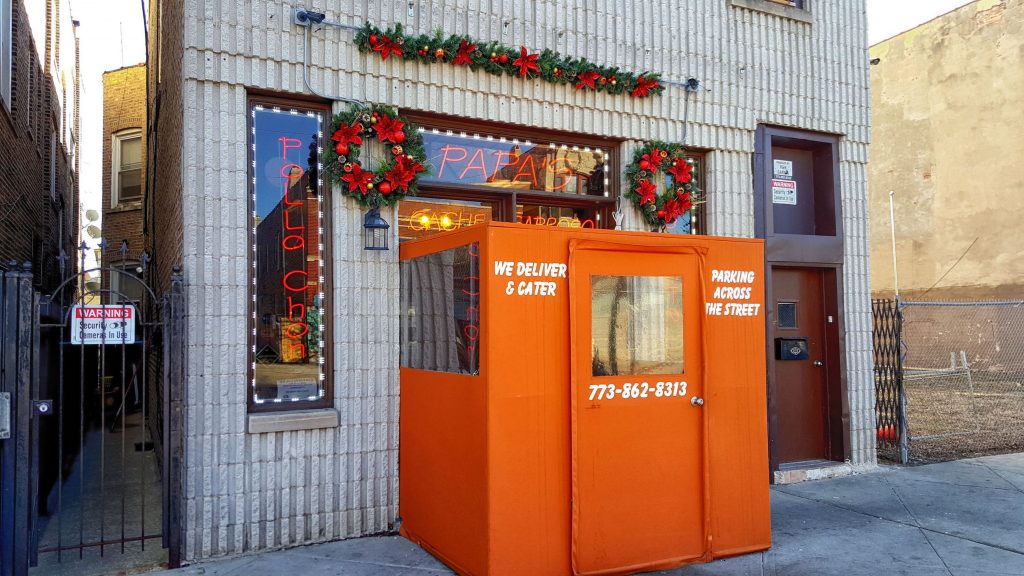




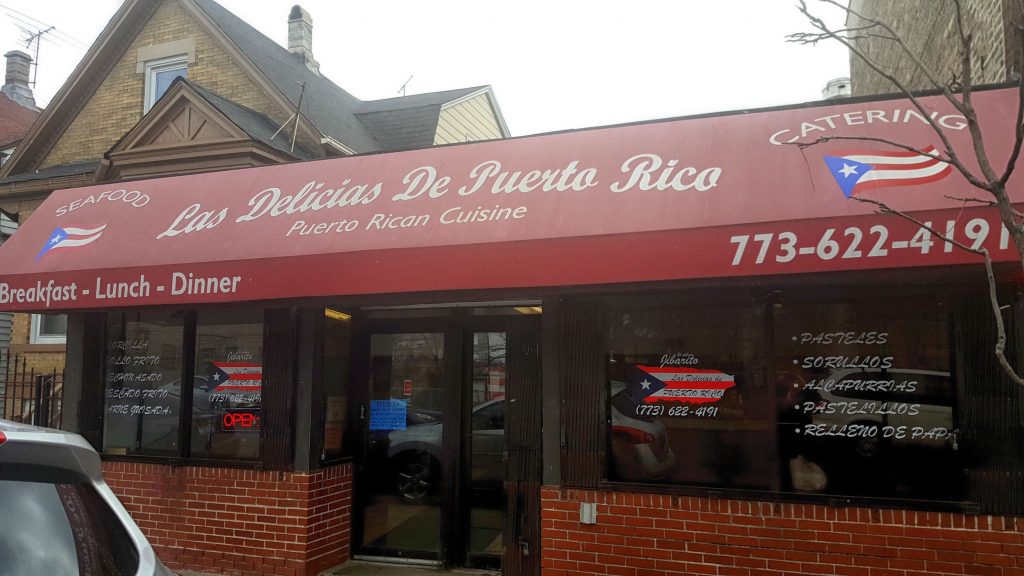




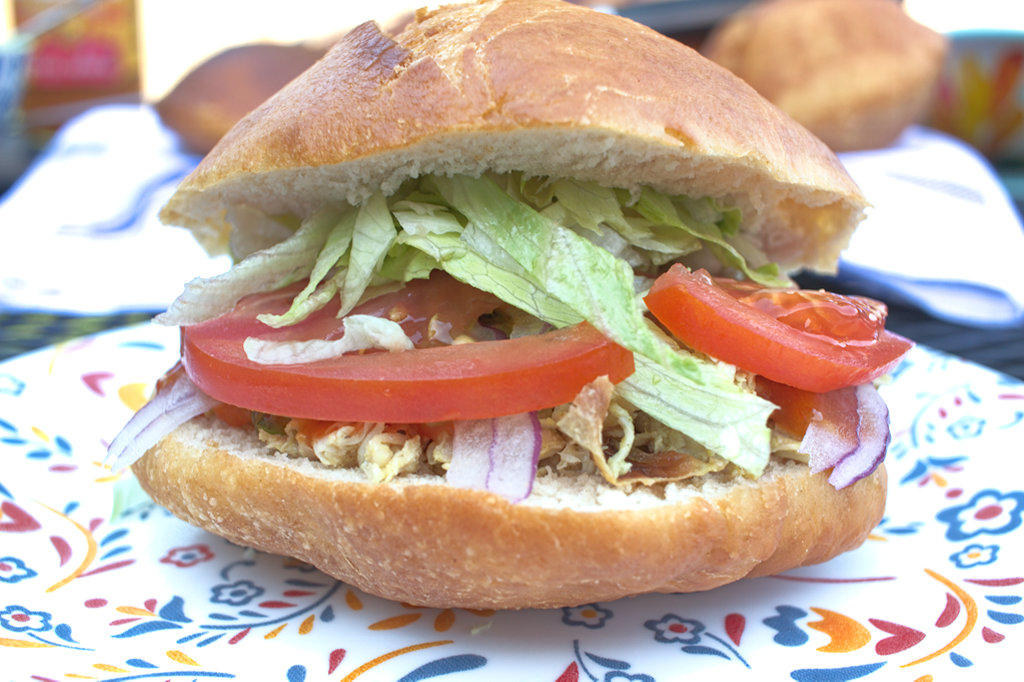








Love Jibaritos…..
On Fullerton there is a place called Jibaritos y Mas… their yellow arroz con gandules is amaaaaaaaZing!